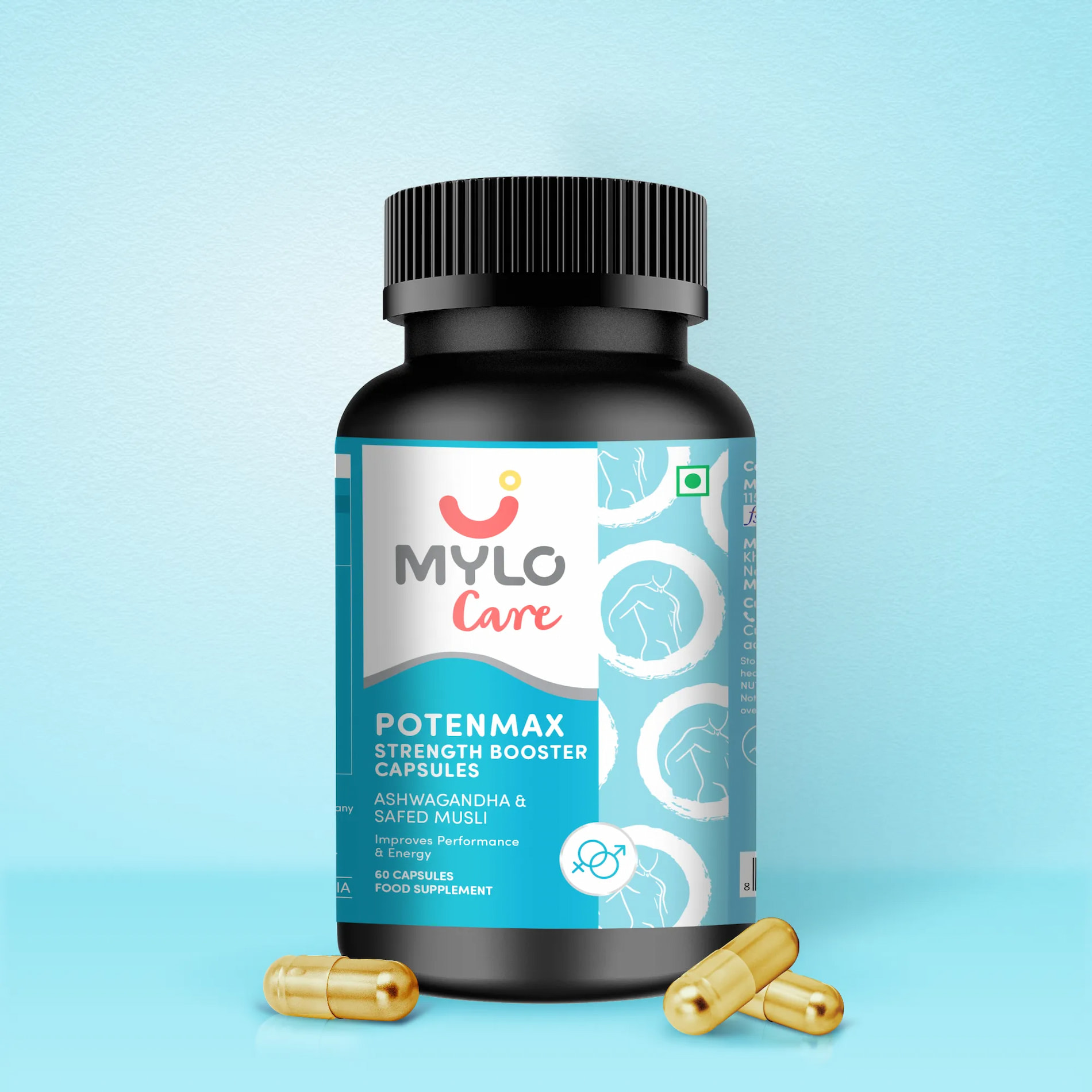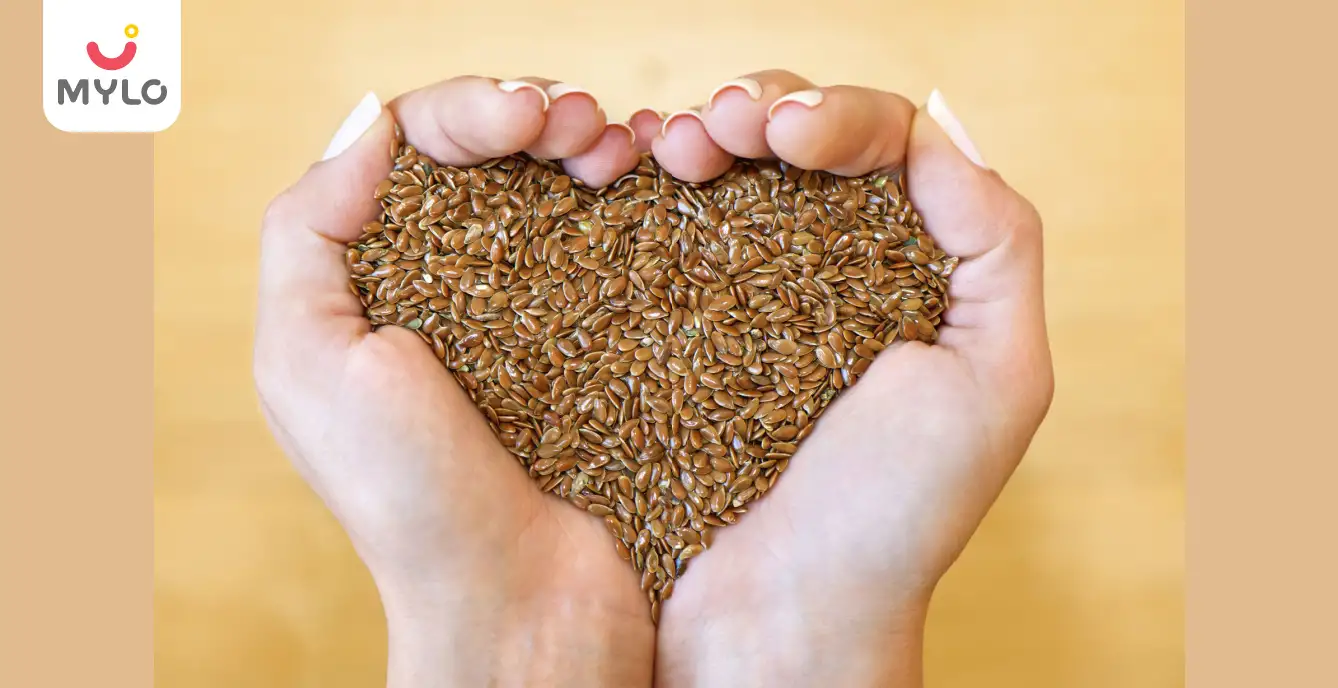Home

Fertility Problems

Normal Sperm Count to Get Pregnant: Required Quantity and Tips to Achieve It
In this Article

Fertility Problems
Normal Sperm Count to Get Pregnant: Required Quantity and Tips to Achieve It
Updated on 15 September 2023
While sipping her evening tea Priya’s thoughts slipped towards the reports provided by a fertility clinic recently. All her values are within normal range but one report that caught her attention was that of Vinay her husband. The bold numbers in the report made her wonder how much sperm needed to get pregnant. She recollected her composed demeanor and scrolled through the tips for getting pregnant with low sperm count. Read till the end to find answers to common questions like normal sperm count to get pregnant and how much quantity of sperm is required to get pregnant.
How does sperm count affect fertility?
Sperm count is a crucial factor in male fertility as it directly influences a man's ability to conceive a child with his partner. Sperm count refers to the number of sperm present in a given sample of semen. The higher the sperm count, the more chances of successful fertilization and conception. Here's how sperm count affects fertility:
1. Fertilization Potential
A higher sperm count increases the probability of sperm reaching the egg and successfully fertilizing it.
2. Pregnancy Success
The ability of sperm to fertilize the egg is directly related to the likelihood of achieving a successful pregnancy. A healthy sperm count enhances the chances of the egg being fertilized, leading to a viable embryo and, eventually, a healthy pregnancy.
3. Reduced Fertility
Low sperm count, also known as oligospermia, can lead to reduced fertility or subfertility.
4. Male Infertility
In cases of severely low sperm count (severe oligospermia or azoospermia - absence of sperm in the semen), male infertility may result.
5. Assisted Reproduction
Low sperm count may necessitate the use of assisted reproductive techniques, such as Intrauterine Insemination (IUI), In Vitro Fertilization (IVF), or Intracytoplasmic Sperm Injection (ICSI), to enhance the chances of successful conception.
6. Impact on Contraception
A low sperm count may affect the efficacy of certain contraceptive methods, such as barrier methods or withdrawal, as the likelihood of sperm reaching the egg is reduced.
7. Sperm Quality
Besides count, sperm quality, including motility (ability to move) and morphology (shape), also plays a crucial role in fertility.
Couples facing fertility issues should seek professional medical advice and undergo comprehensive fertility evaluations to determine the best course of action to achieve their reproductive goals.
You may also like : Are You Aware of These Common Male Infertility Problems? What Are the Signs, Symptoms & Causes of It?
What is considered a normal sperm count?
The World Health Organization (WHO) provides guidelines for what is considered a normal sperm count, and it defines normal as having at least 15 million sperm per milliliter (ml) of semen. Here's a breakdown of the sperm count classifications according to the WHO criteria:
1. Normal Sperm Count:
15 million or more sperm per milliliter of semen.
2. Low Sperm Count (Oligospermia):
If the sperm count is below 15 million sperm per milliliter but higher than 10 million sperm per milliliter, it is classified as a low sperm count.
3. Very Low Sperm Count:
A sperm count between 5 to 10 million sperm per milliliter is considered very low and may significantly impact fertility, making natural conception less likely.
4. Azoospermia:
A condition where no sperm are detected in the semen sample. This may be due to an obstruction or a problem with sperm production and can lead to male infertility.
How to find out your sperm count?
Finding out your sperm count typically involves a semen analysis, which is a straightforward and non-invasive test conducted in a fertility clinic or a laboratory. Here's a step-by-step guide on how to find out your sperm count:
- Consult a Fertility Specialist
- Abstinence Period of 2 to 5 days before sperm count test.
- Semen Sample Collection following the guidelines
- Timely Processing preferably within 30 minutes to one hour after collection.
- Semen Analysis
- Receiving the Results
- Further Evaluation
You may also like : Sperm Cramps: Debunking Myths and Shedding Light on the Facts
How much sperm needed to get pregnant?
If you’re wondering how much sperm is needed to get pregnant, it’s important to undertstand a few things. Normal sperm count to get pregnant can vary depending on various factors, including the sperm count, sperm motility, and the fertility of the female partner. Generally, only a small number of sperm are required to successfully fertilize an egg and achieve pregnancy.
During natural conception, millions of sperm are ejaculated into the vagina during sexual intercourse. These sperm begin their journey through the female reproductive tract, with the goal of reaching the fallopian tubes where fertilization typically occurs.
In a single ejaculation, there can be up to hundreds of millions of sperm, but only a small fraction will survive the journey to the fallopian tubes. Even with millions of sperm, usually, only one sperm will successfully penetrate and fertilize the egg.
For artificial reproductive techniques like Intrauterine Insemination (IUI) or In Vitro Fertilization (IVF) the required number of sperm may be lower since the sperm is placed closer to the egg. In IUI, a concentrated sample of healthy and motile sperm is directly introduced into the uterus, whereas in IVF, sperm is directly injected into an egg during the process of fertilization.
You may also like : Freezing Sperm: Preserving the Possibility of Parenthood
10 tips for getting pregnant with low sperm count
Conceiving with a low sperm count can be challenging, but there are steps you can take to optimize your chances of achieving pregnancy. Here are ten tips to increase your likelihood of getting pregnant with low sperm count:
1. Consult a Fertility Specialist
Schedule an appointment with a fertility specialist to assess your specific situation and explore potential treatment options.
2. Lifestyle Changes
Adopt a healthy lifestyle by quitting smoking, limiting alcohol intake, and maintaining a balanced diet. Regular exercise can also benefit overall reproductive health.
3. Supplements
Consider taking supplements with antioxidants like vitamin C, vitamin E, zinc, and selenium. These may help reduce oxidative stress and improve sperm health.
Men looking for fertility supplements can also try Mylo's Potenmax Testosterone Booster Capsules that are an effective blend of Omega-3 fatty acids, safed musli, ashwagandha, fenugreek and kaunch beej, among others. These ingredients can help improve sperm motility and quality, increase testosterone levels, enhance physical performance and boost energy and stamina.
4. Manage Stress
Chronic stress can negatively impact fertility. Engage in stress-reducing activities like yoga, meditation, or hobbies to promote relaxation.
5. Avoid Heat Exposure
Minimize exposure to high temperatures, such as hot baths, saunas, or laptops on the lap, as heat can harm sperm production.
6. Frequency of Intercourse
Have regular intercourse around the time of ovulation to increase the chances of sperm meeting the egg.
7. Timing Intercourse
Consider using an ovulation predictor kit to determine the most fertile days, and plan intercourse accordingly.
8. Pre-seed Lubricant
If needed, use fertility-friendly lubricants like Pre-seed, as traditional lubricants may harm sperm motility.
9. IUI or IVF
Explore assisted reproductive techniques like Intrauterine Insemination (IUI) or In Vitro Fertilization (IVF) to bypass natural barriers and increase the chances of successful conception.
10. Sperm DNA Fragmentation Test
If necessary, consider a sperm DNA fragmentation test to assess the integrity of the sperm's genetic material.
Final Thoughts
In conclusion, a normal sperm count to get pregnant is an essential factor, as it directly influences the chances of successful fertilization. However, it's important to remember that other factors, such as sperm motility and morphology, also play significant roles in fertility. Remember, every couple's fertility journey is unique, and seeking professional guidance from a fertility specialist is crucial for personalized care and appropriate treatment options.
References
1. Sharpe, R. M. (2012). Sperm counts and fertility in men: a rocky road ahead. EMBO Reports. NCBI
2. Sunder, M., & Leslie, S. W. (2020). Semen Analysis. PubMed; StatPearls Publishing. NCBI

Potenmax Testosterone Booster Capsules - 60 Capsules
Increases Stamina & Testosterone Levels | Helps Improve Male Reproductive Health
₹ 535

4.1
(167)


1404 Users bought



Written by
Madhavi Gupta
Dr. Madhavi Gupta is an accomplished Ayurvedic doctor specializing in Medical content writing with an experience of over 10 years.
Read MoreGet baby's diet chart, and growth tips

Related Articles
Related Questions
Influenza and boostrix injection kisiko laga hai kya 8 month pregnancy me and q lagta hai ye plz reply me

Hai.... My last period was in feb 24. I tested in 40 th day morning 3:30 .. That is faint line .. I conculed mylo thz app also.... And I asked tha dr wait for 3 to 5 days ... Im also waiting ... Then I test today 4:15 test is sooooo faint ... And I feel in ma body no pregnancy symptoms. What can I do .

Baby kicks KB Marta hai Plz tell mi

PCOD kya hota hai

How to detect pcos

Related Topics
RECENTLY PUBLISHED ARTICLES
our most recent articles

Diet & Nutrition
Is Banana Good for PCOS: A Comprehensive Guide to Understanding Their Relationship

Diet & Nutrition
Flax Seeds for PCOS: How This Superfood Can Improve Symptoms

Herbal Medicines
Shankhpushpi: Discover the Health Benefits of This Ancient Herb

Herbal Medicines
Chamomile: The Ultimate Guide to Discovering its Medicinal Properties and Health Benefits

Women Specific Issues
Endometrial Thickness in Pregnancy: Your Guide to Understanding What is Normal

Menstrual Cycle
Hypomenorrhea: When Your Period is Lighter Than Usual
- Anti Mullerian Hormone Test: The Key to Early Detection of Fertility Issues
- Benefits of HSG Test: The Secret to Boosting Your Chances of Getting Pregnant
- Deviry Tablet Uses: How to Maximize The Benefits for Your Reproductive Health
- Endometrial Thickness for IVF: The Ultimate Guide to Successful IVF Outcomes
- Normal Endometrial Thickness: A Key Indicator of Female Fertility
- Uterine Artery Embolization: A Non-Invasive Solution for Fibroids
- Deviry 10mg for Menstrual Disorders: Is It the Right Choice for You
- Hyperprolactinemia: How High Prolactin Levels Can Affect Your Chances of Conception
- Myomectomy: A Comprehensive Guide to Uterine Fibroid Removal Surgery
- The Hormonal Dance: Understanding Which Hormones Regulate Menstrual Cycle
- 7 home remedies to cure cough and cold in infants
- How to Increase Endometrial Thickness: Your Guide to Science-Backed Tips
- Endometrial Scratching: The Ultimate Guide to Meaning, Benefits and Impact on Conception
- The Ultimate Guide to Buying a Baby Bath Tub for New Parents


AWARDS AND RECOGNITION

Mylo wins Forbes D2C Disruptor award

Mylo wins The Economic Times Promising Brands 2022
AS SEEN IN
















- Mylo Care: Effective and science-backed personal care and wellness solutions for a joyful you.
- Mylo Baby: Science-backed, gentle and effective personal care & hygiene range for your little one.
- Mylo Community: Trusted and empathetic community of 10mn+ parents and experts.
Product Categories
baby carrier | baby soap | baby wipes | stretch marks cream | baby cream | baby shampoo | baby massage oil | baby hair oil | stretch marks oil | baby body wash | baby powder | baby lotion | diaper rash cream | newborn diapers | teether | baby kajal | baby diapers | cloth diapers |








